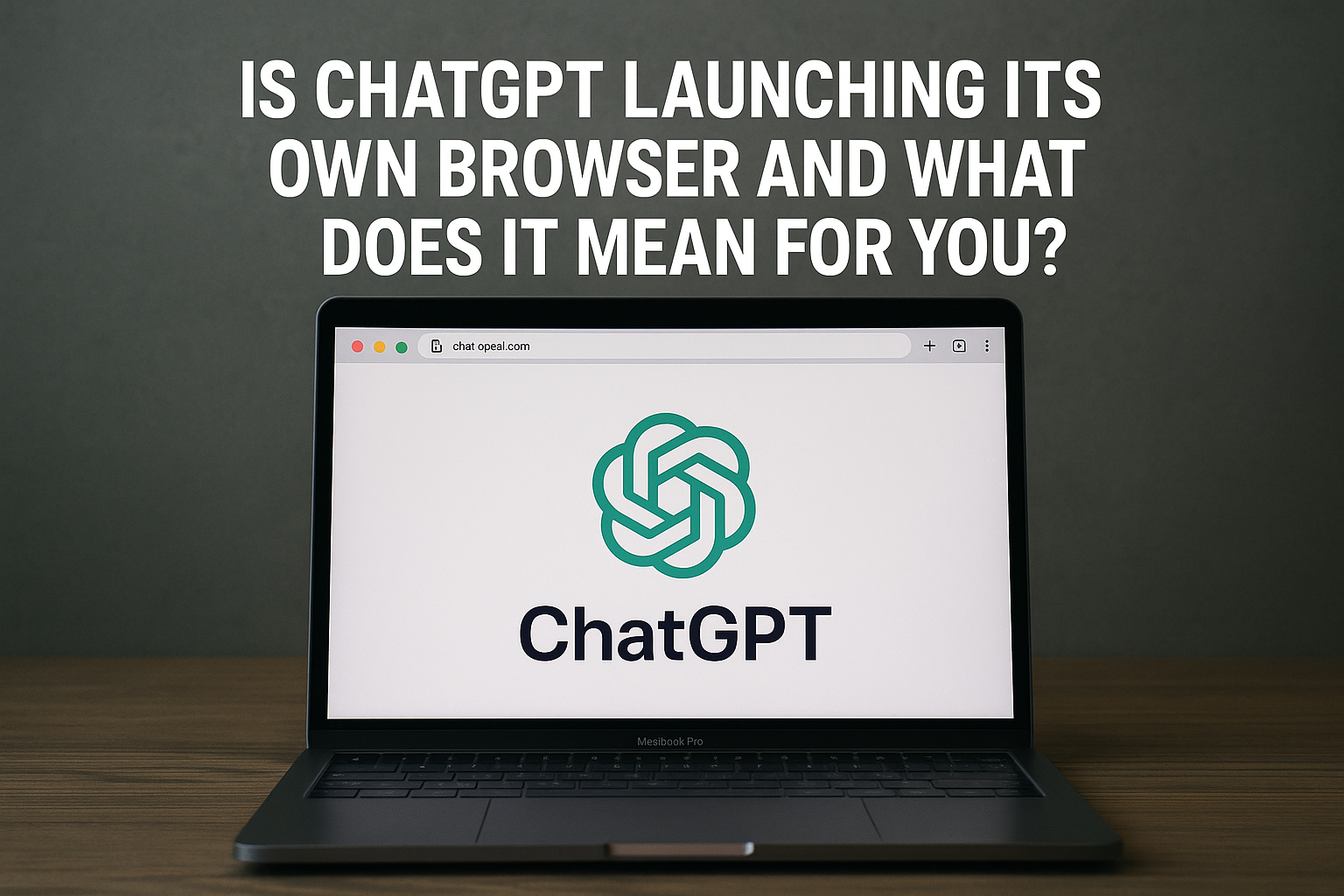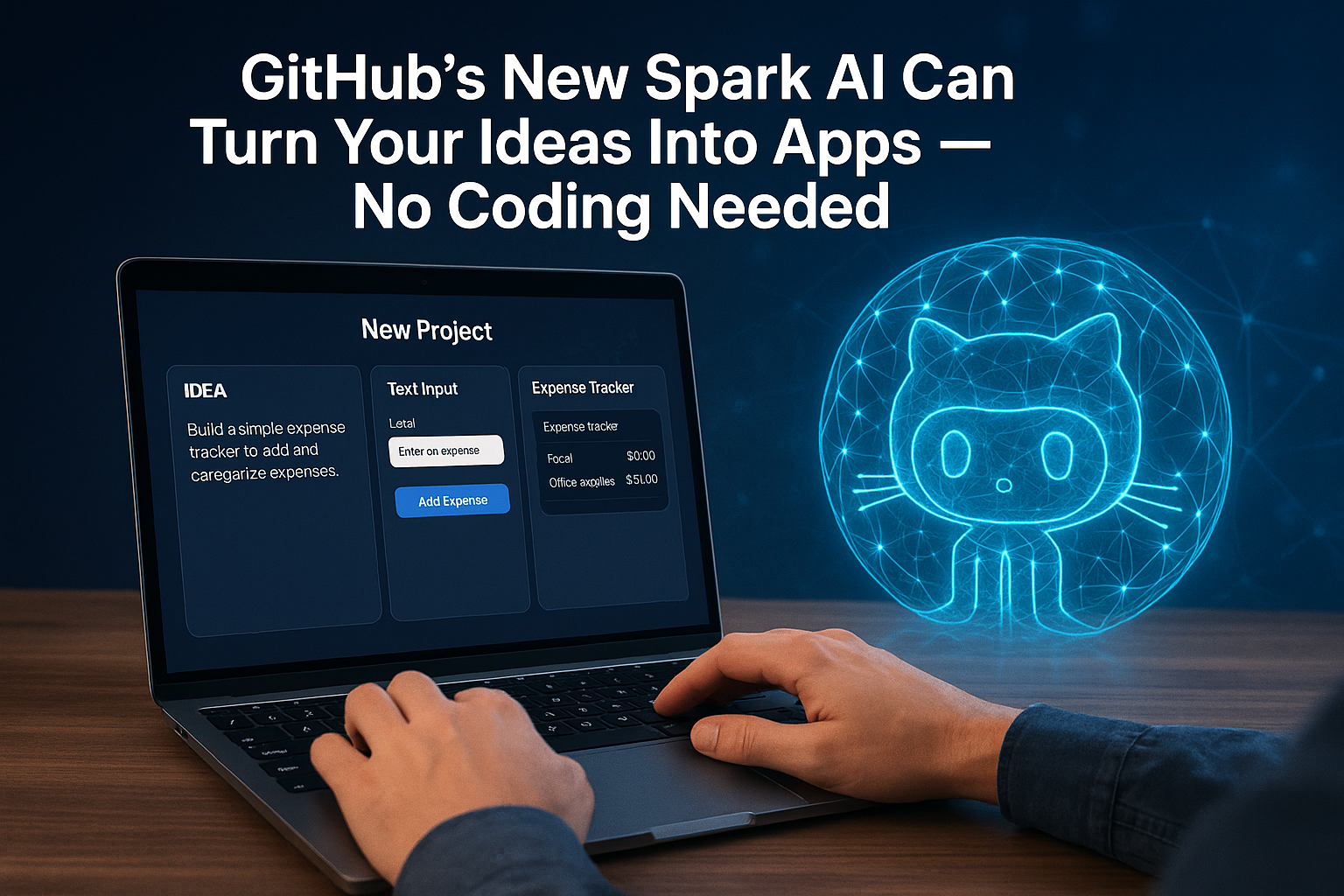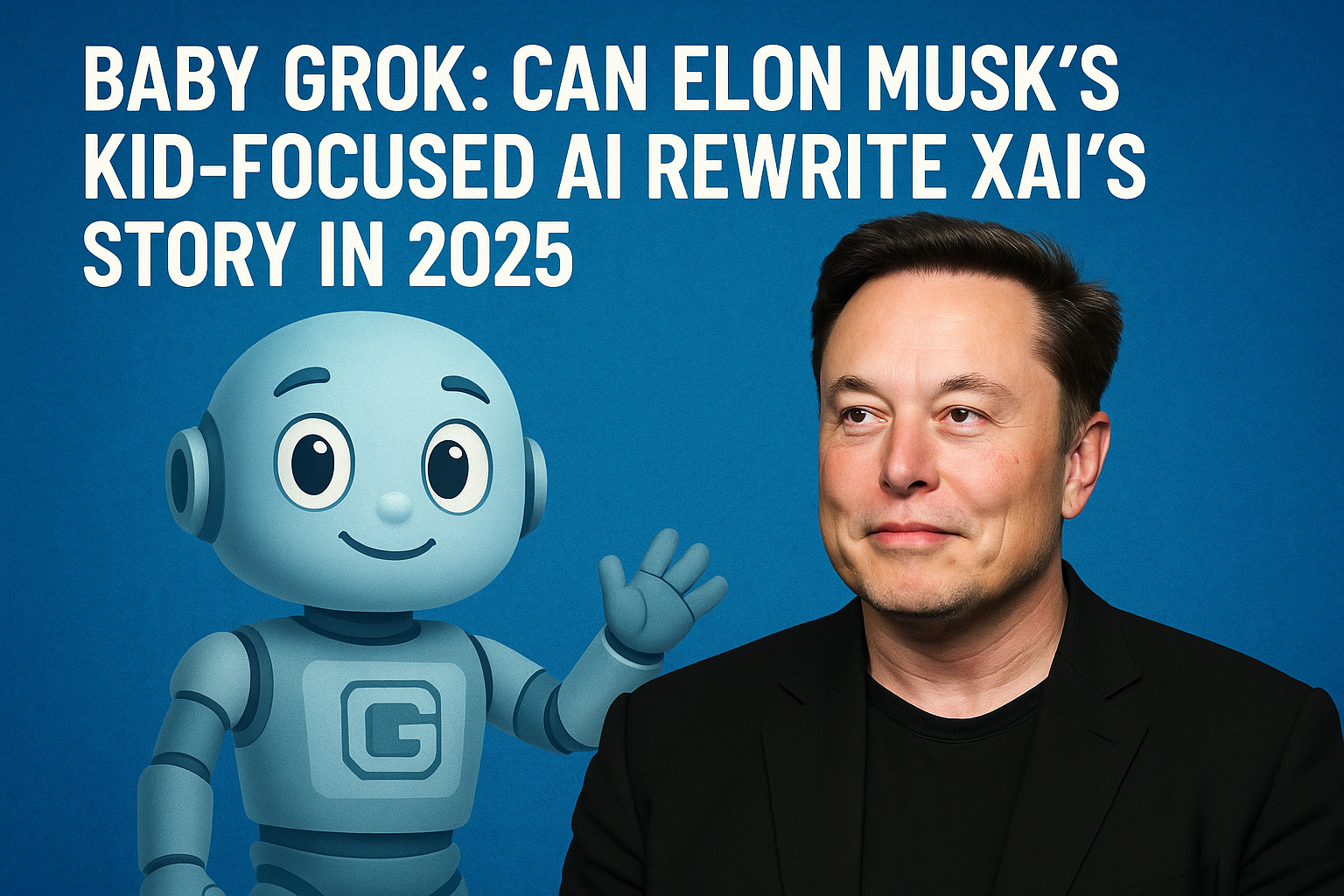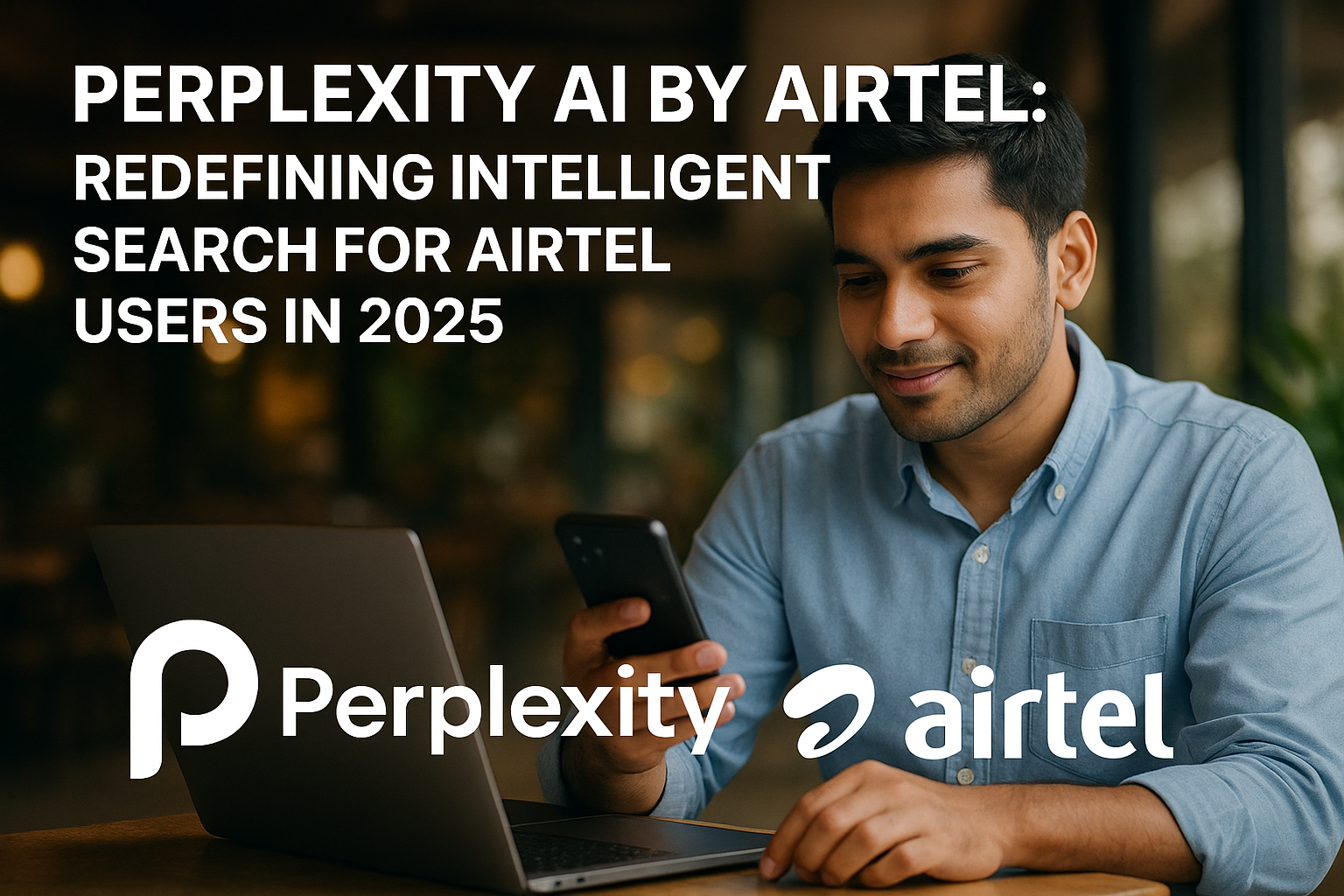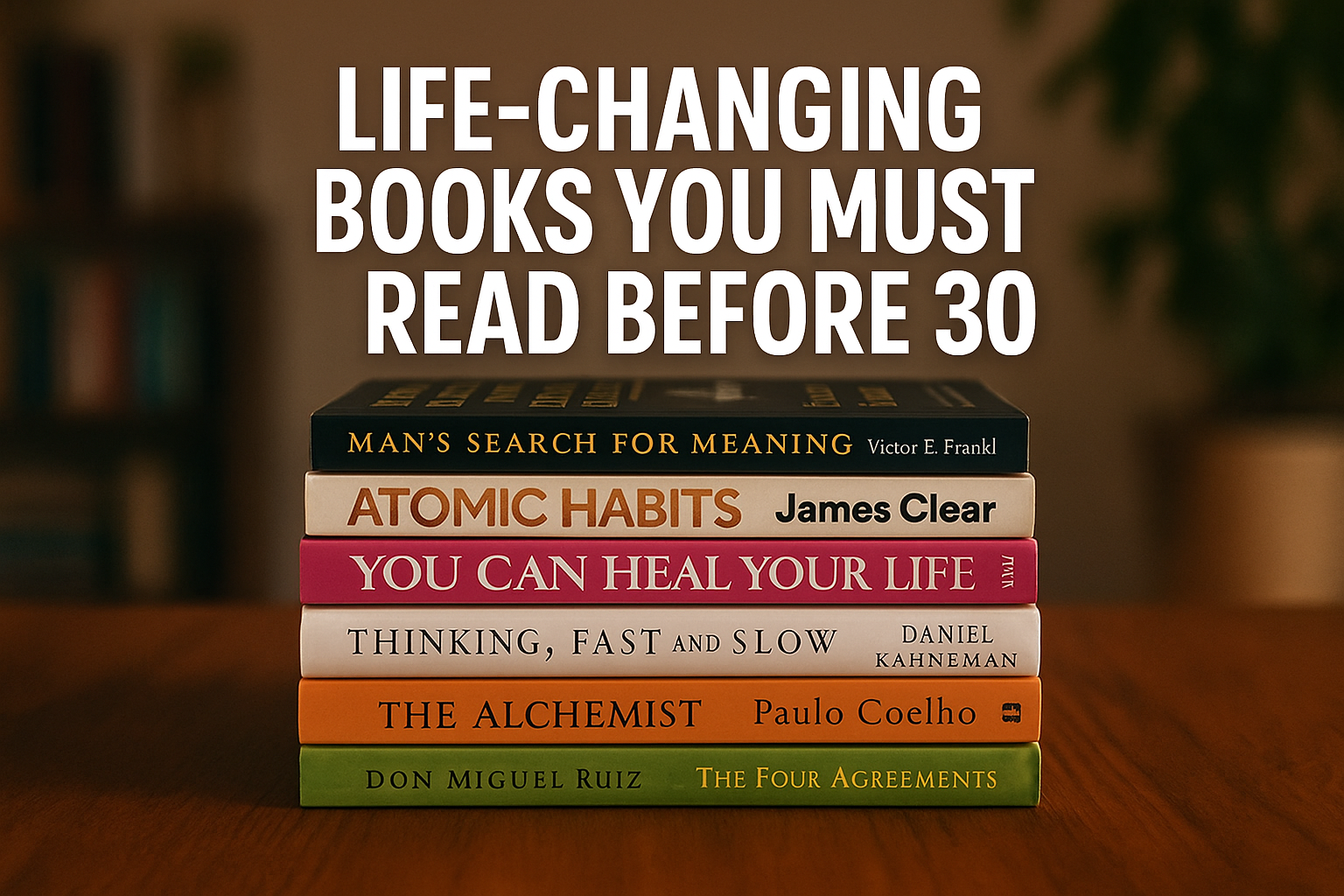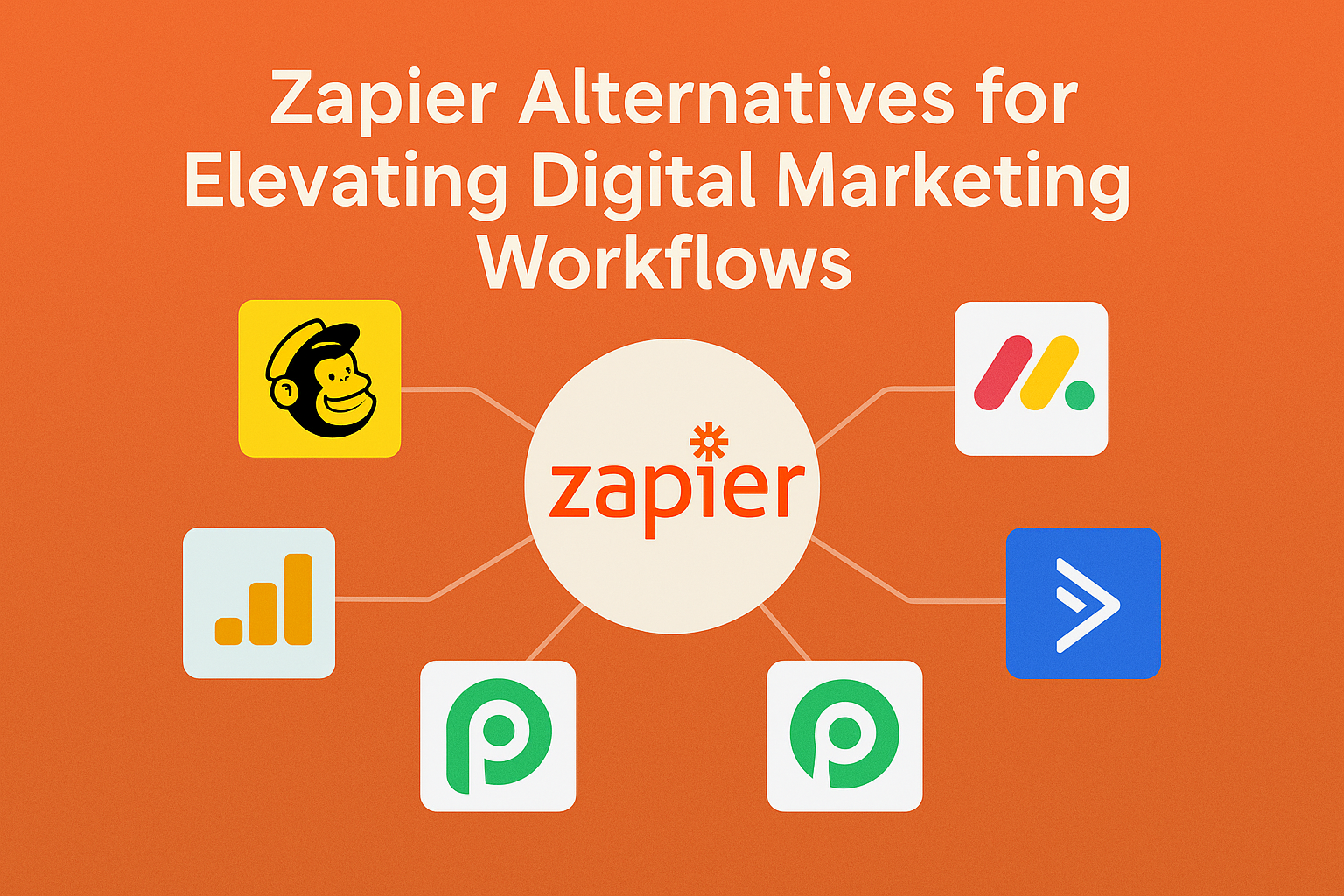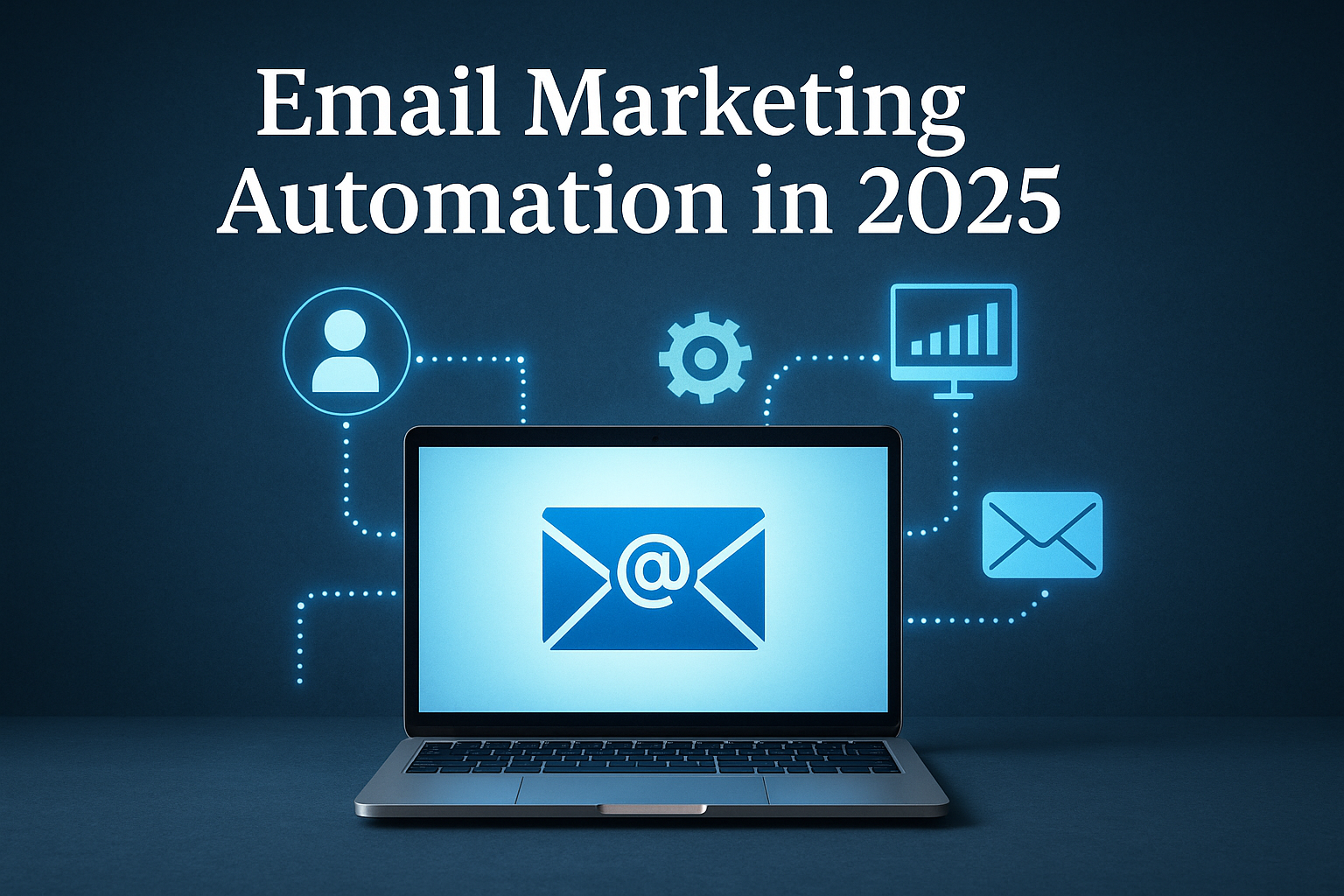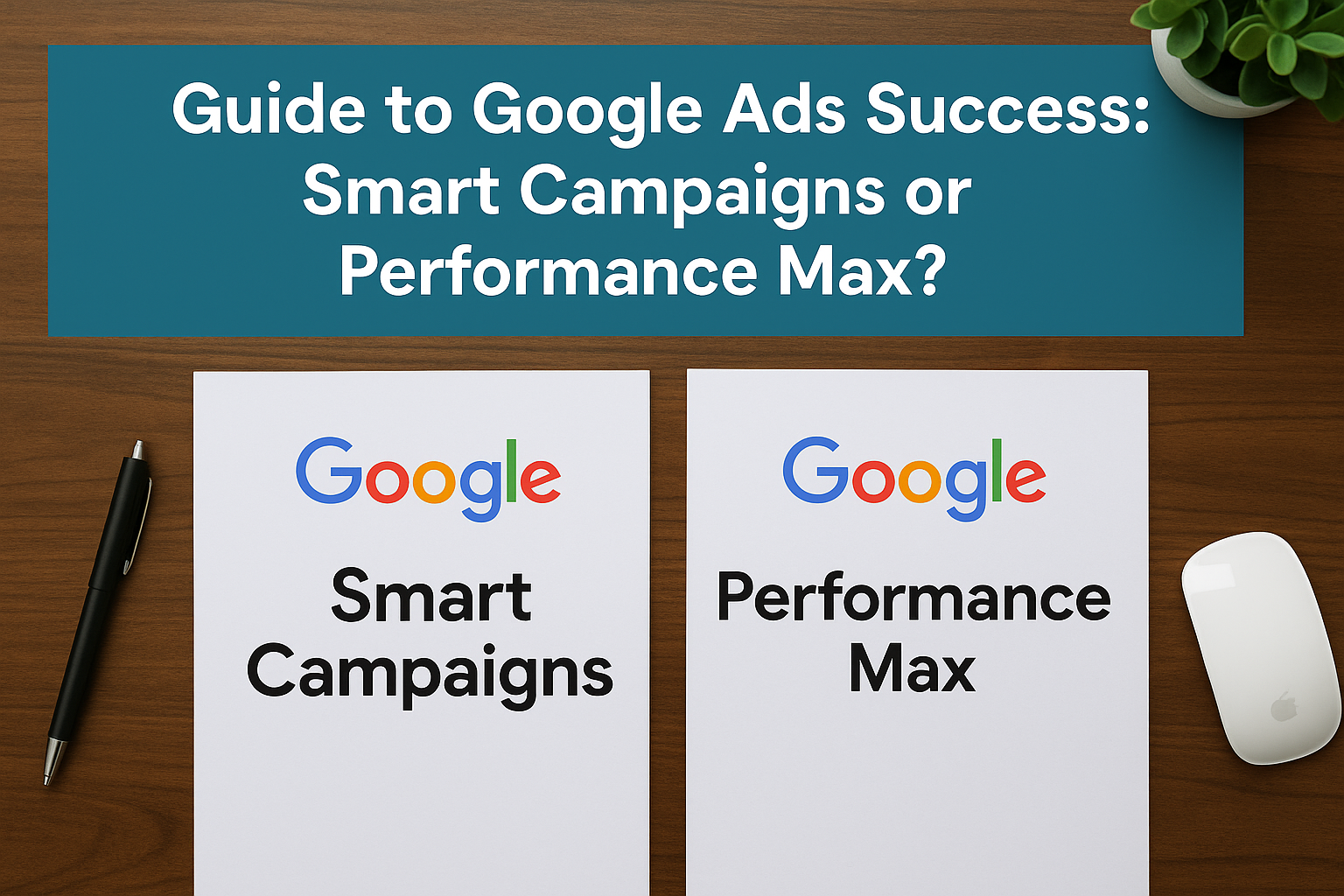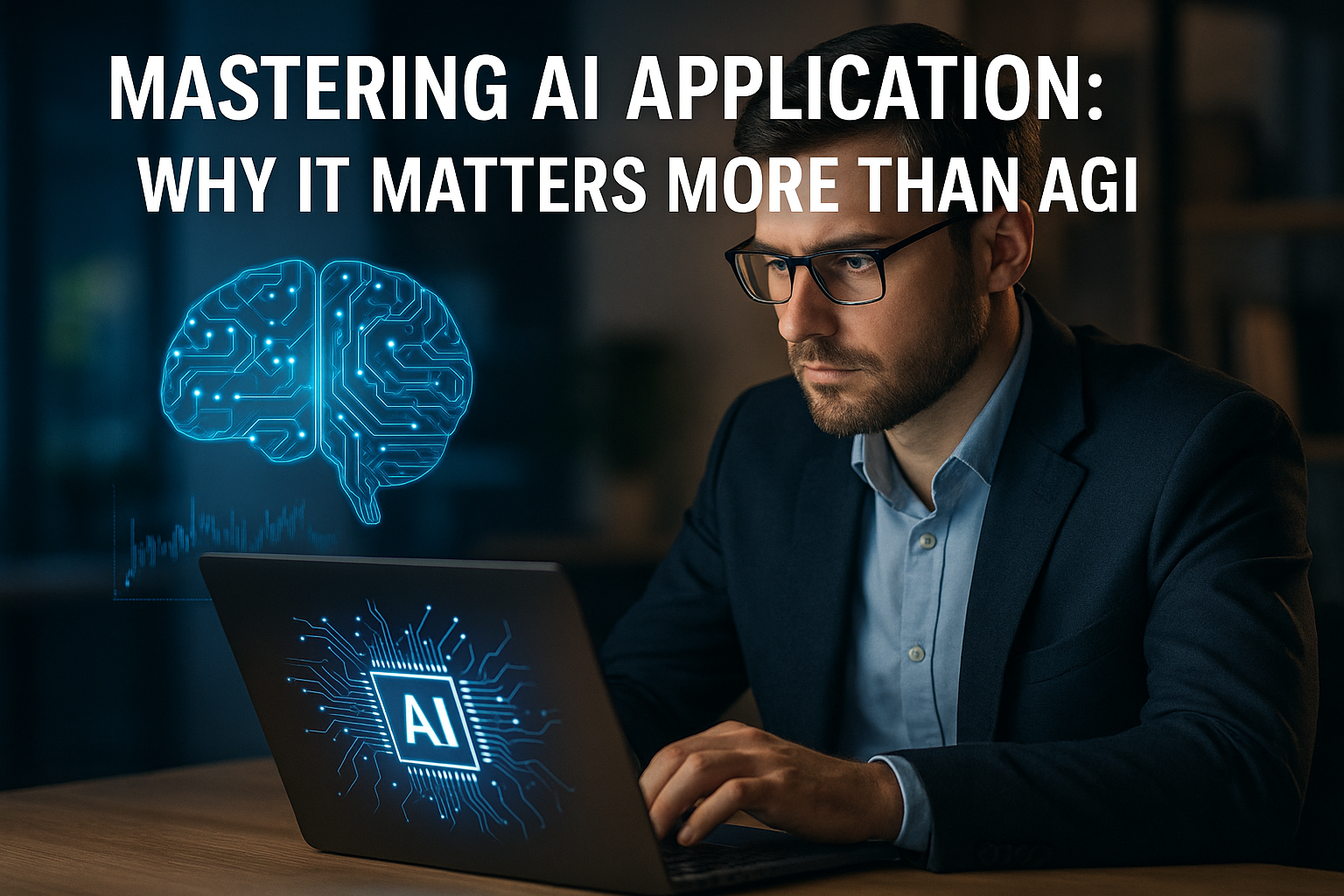The digital world is abuzz with a momentous rumor that is rapidly solidifying into reality: OpenAI, the pioneering force behind ChatGPT, is reportedly on the cusp of launching its own AI-powered web browser. This isn’t just another browser entering a crowded market; it’s a strategic maneuver that could fundamentally redefine how we interact with the internet, posing a direct and potentially formidable challenge to established giants like Google Chrome.
As we navigate the mid-2020s, the landscape of technology is increasingly dominated by artificial intelligence. From intelligent assistants in our homes to advanced algorithms powering our social feeds, AI is becoming seamlessly integrated into our daily lives. OpenAI’s potential foray into the browser space marks a significant escalation in this trend, signaling a future where our primary gateway to the web is no longer a passive tool but an active, intelligent partner.
More Than Just a Browser: The “Agentic” Vision
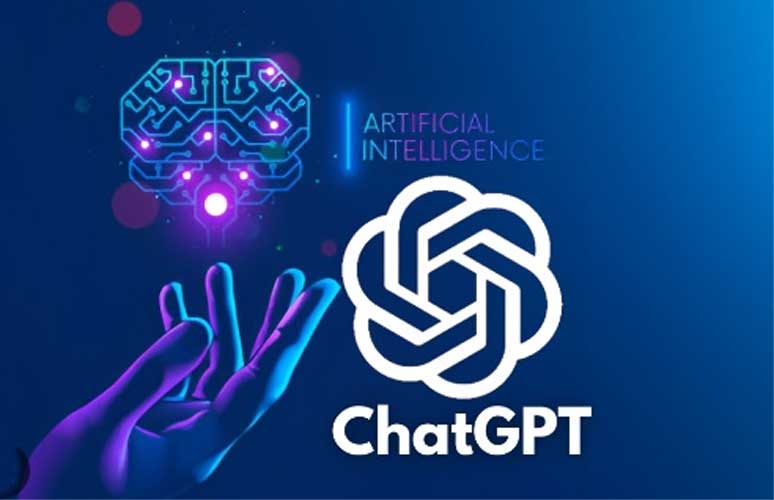
Current reports suggest that OpenAI’s browser won’t be a mere aesthetic refresh of existing browsers. Instead, it’s anticipated to be built around a conversational interface, much like ChatGPT itself. Imagine navigating the web not by typing in search queries or clicking through endless links, but by simply telling your browser what you want to achieve.
This “agentic” paradigm is at the heart of OpenAI’s vision. Their AI systems are designed to exhibit enhanced autonomy and decision-making capabilities. In practical terms, this could mean the browser’s integrated AI agent, potentially dubbed “Operator,” could perform complex tasks on your behalf:
- Automated Bookings: “Find me a flight to Paris for July 20th under $700 and book it.”
- Form Completion: “Fill out this job application with my saved details.”
- Summarization & Research: “Summarize this 50-page research paper for me,” or “Find me the top five reviews for the latest smartphone model.”
- Contextual Assistance: As you browse a product page, the AI might proactively offer comparisons, read reviews aloud, or even initiate a purchase process.
This transforms the browser from a simple navigation tool into a highly personalized and proactive assistant. The goal is to move beyond passive information retrieval to active task execution, making online interactions significantly more efficient and intuitive.
The Chromium Foundation: A Strategic Choice
Intriguingly, reports indicate that OpenAI’s browser is being built on Chromium, Google’s own open-source browser framework. This isn’t a sign of deference, but rather a shrewd strategic decision. By leveraging Chromium, OpenAI can ensure compatibility with existing web standards, extensions, and a vast ecosystem of web technologies. This allows them to focus their innovative efforts on the AI layer, rather than rebuilding a browser engine from scratch.
This choice also highlights the paradox of the current tech landscape: Google provides the very foundation on which its potential disruptors are built. However, by customizing the user experience and data control, OpenAI aims to differentiate its offering significantly. The control over user data gained from a proprietary browser is a critical element, providing valuable insights for further training and refining their AI models.
Challenging the Reigning Monarch: Google Chrome
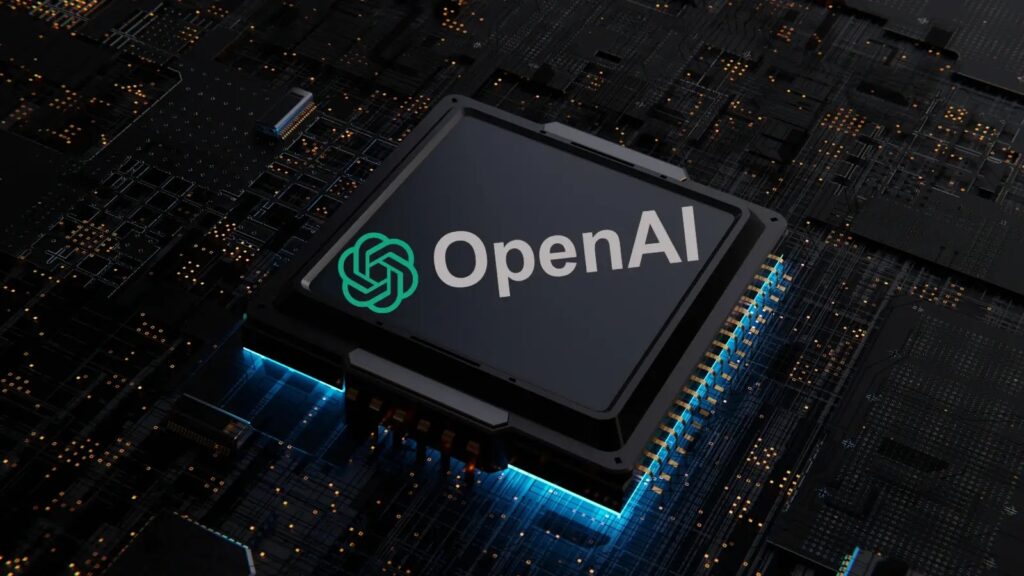
For years, Google Chrome has held an undisputed dominance over the browser market, commanding over two-thirds of the global share. This supremacy is not merely about market share; it’s a cornerstone of Google’s multi-billion dollar advertising empire. Chrome provides Google with invaluable user data, which fuels its targeted advertising, a primary revenue stream.
OpenAI’s browser could pose a direct threat to this ecosystem. With ChatGPT boasting hundreds of millions of weekly active users, if even a fraction migrate to an OpenAI browser, it could significantly impact Google’s ability to collect data and deliver targeted ads. The proposed design of OpenAI’s browser, keeping user interactions within a native chat interface rather than directing them to external websites, further underscores this potential disruption to Google’s click-and-search driven model.
It’s worth noting that the competitive landscape in AI-powered browsers is heating up. Companies like Perplexity have already launched their AI browser, Comet, also built on Chromium, offering AI-powered search and task automation. Brave and The Browser Company are also integrating AI features into their offerings. However, OpenAI’s sheer user base and brand recognition could give it an unparalleled advantage in adoption.
Implications for the User: A New Era of Interaction?
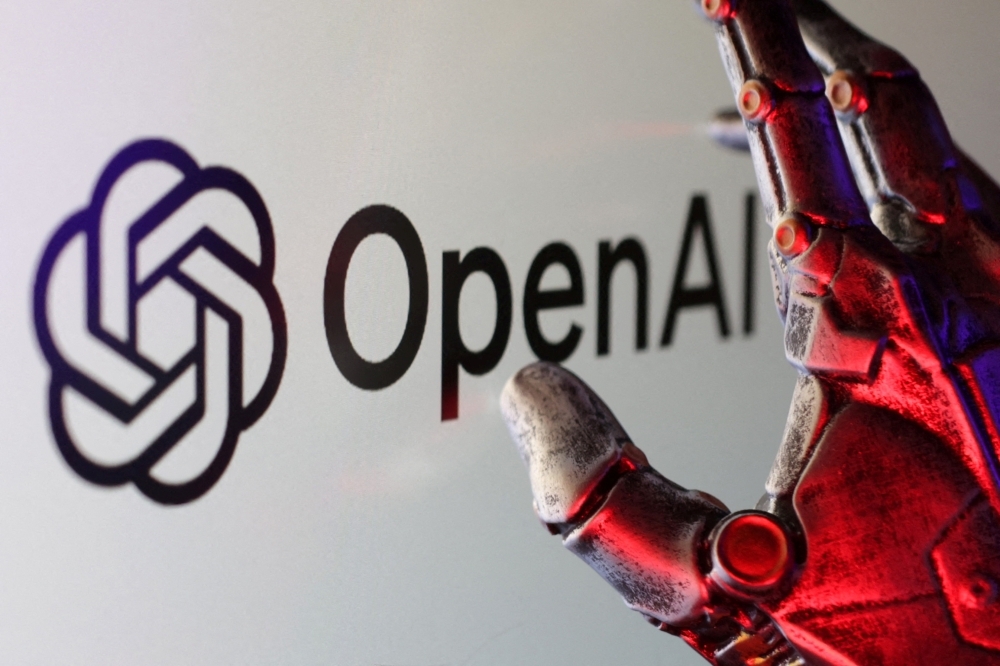
For the average internet user, the launch of an OpenAI browser could bring about a radical shift in their online experience:
- Enhanced Efficiency: Imagine researching, shopping, or even planning a trip with significantly fewer clicks and manual entries. The AI could streamline complex workflows into simple conversational commands.
- Personalized Experience: With direct access to Browse activity, the AI could offer hyper-personalized recommendations, content, and assistance.
- Information Synthesis: Instead of sifting through countless search results, users might receive synthesized answers and actionable insights directly from the AI.
- Privacy Concerns: While the convenience is undeniable, direct access to user web activity also raises significant privacy questions. How will OpenAI handle this data? What will their privacy policy look like compared to established browsers? These will be crucial factors for user adoption.
- Potential for Over-reliance: As AI systems become more capable of performing tasks on our behalf, there’s a risk of users becoming overly reliant on them, potentially impacting critical thinking and independent research skills.
OpenAI’s Broader Strategy: Beyond the Browser
The browser initiative is not an isolated move but fits into OpenAI’s grander vision to embed its AI services deeper into personal and professional life. This move comes on the heels of strategic acquisitions, such as their reported $6.5 billion acquisition of io, an AI hardware startup co-founded by former Apple design chief Jony Ive. This signals that OpenAI’s ambition extends beyond software, potentially leading to a new “family of devices” designed from the ground up for the AI era.
The browser, in this context, serves as a crucial gateway. It’s the primary interface through which their AI agents can interact with the web and, by extension, with users’ lives, consolidating OpenAI’s position as a leader in the evolving consumer AI landscape.
The Road Ahead: A Fascinating Digital Frontier
While the exact launch date and complete feature set remain officially unconfirmed, the strong indications point to a release in the coming weeks. The internet is poised for a significant transformation, and the battle for the “default” web experience is about to get a lot more interesting.
As AI continues to evolve at an unprecedented pace, the emergence of AI-powered browsers represents a natural progression. It’s a move that aims to make the internet more intuitive, efficient, and deeply integrated with artificial intelligence. The question isn’t just if these AI browsers will change how we interact with the web, but how profoundly they will redefine our digital lives.
If you found this information helpful, don’t forget to subscribe to Zealimpact.com. We’ll keep bringing you more AI related Blogs like this one. Your support is our strength.
If you found this information useful, don’t forget to share it with your friends and family.

